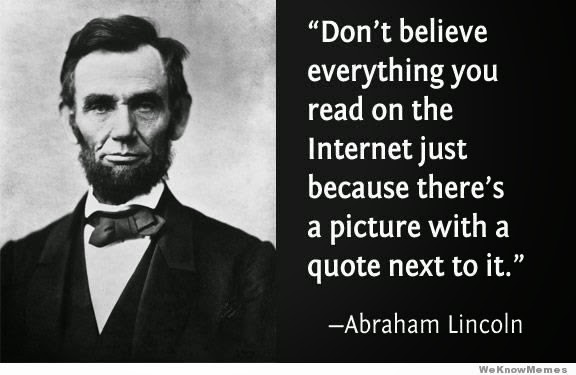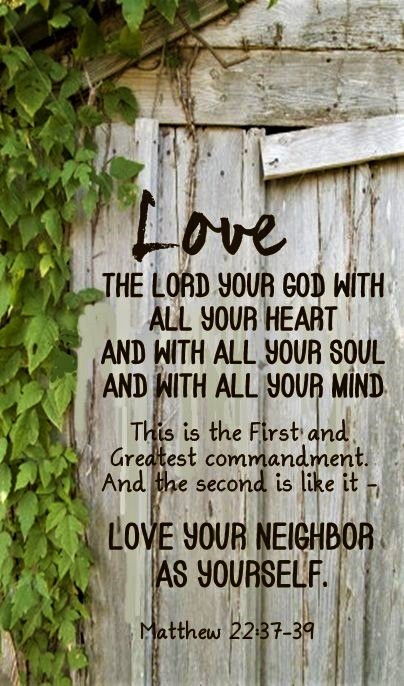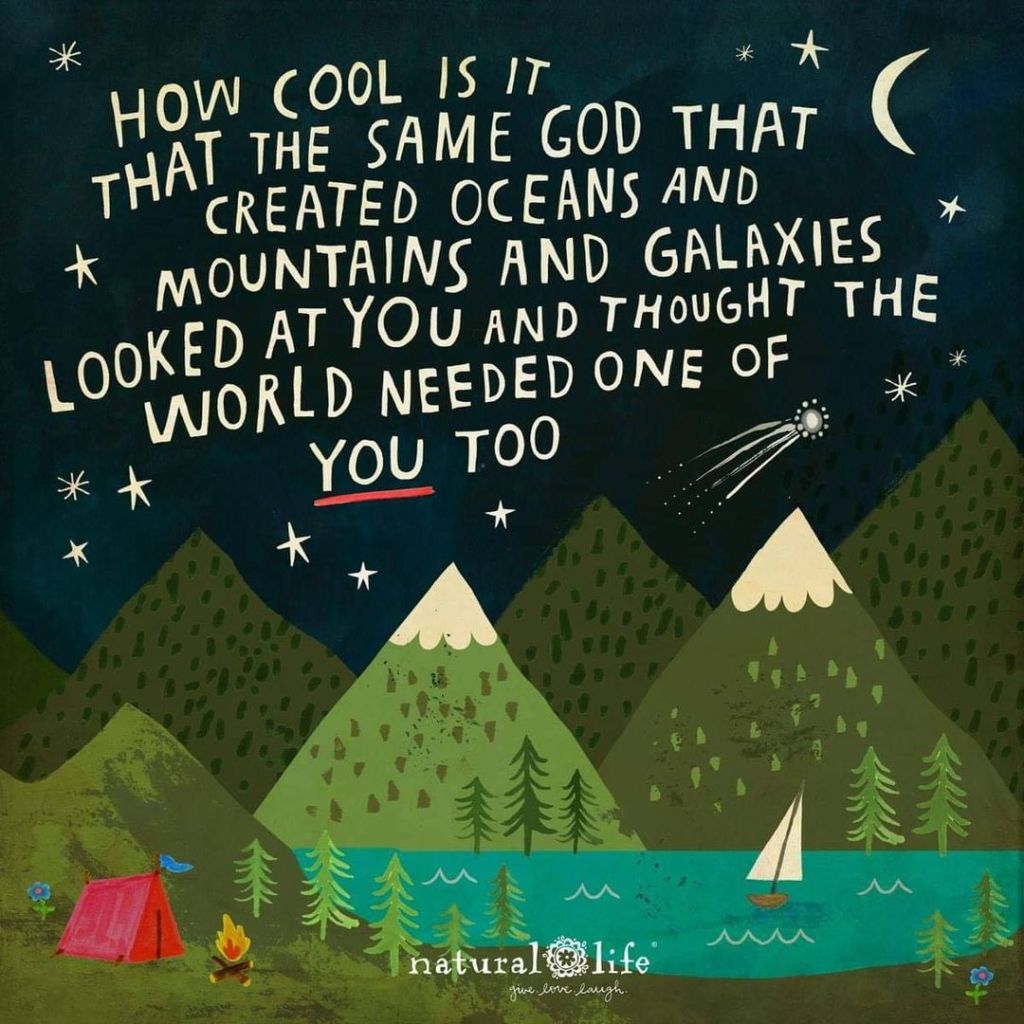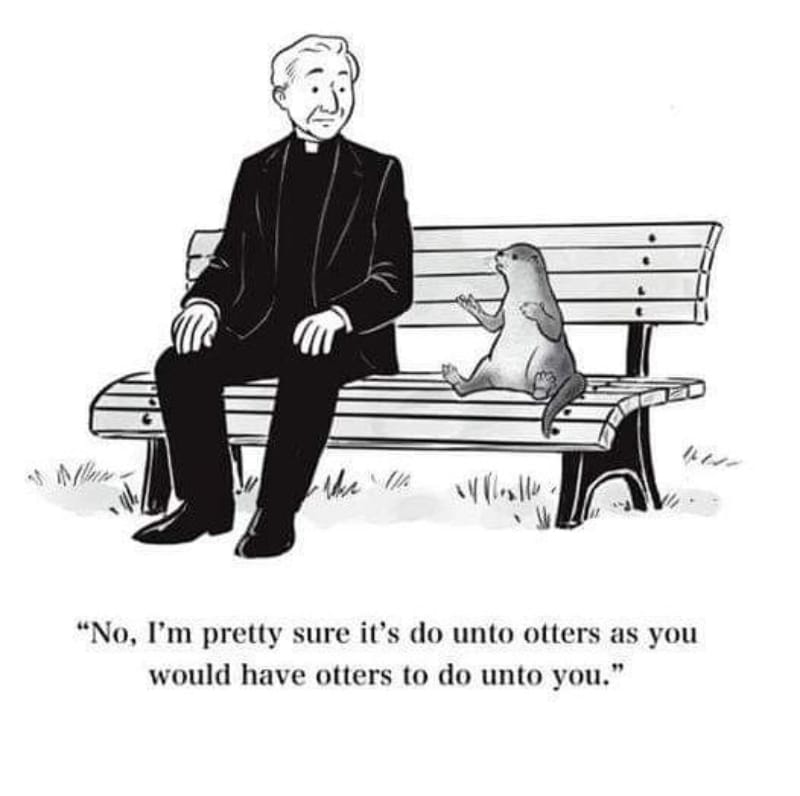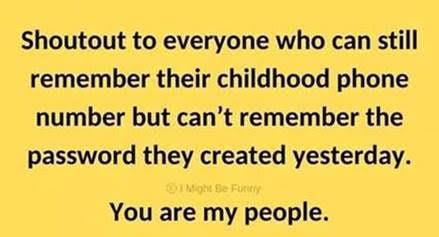Note: This is an excerpt from my book in progress, which examines the polarization ripping apart our society and shares my personal search for an appropriate Christian response. For an overview of the book and to read my other excerpts, click HERE.
It would be bad enough if the tide of anger and disrespect fueled by the Culture Wars served merely to put people in a surly, antisocial mood. Unfortunately, the damage doesn’t stop there. On a societal level, our finger-pointing outrage epidemic leads to everything from loss of trust in our institutions to violence against individuals who belong to maligned groups. On a personal level, people report damaged friendships and stress at family gatherings.
Perhaps worst of all, however, is the fact that our children are watching us.
Of course, adults have been lamenting youthful attitudes and behavior ever since Socrates complained that the younger generation of his day disrespected their elders and lacked proper manners. Twenty-first century adults gripe that kids feel entitled, want instant gratification, lack a proper work ethic, spend so much time glued to their devices they no longer have basic communication skills, and are generally rude and inconsiderate of others.
The school shootings that occur with numbing regularity in the U.S. have called attention to a problem pervasive in most school districts – student cliques, outcasts and bullying. Children begin forming cliques as early as grade school. High school jocks pick on geeks. Middle school mean girls single out scapegoats for gratuitous abuse because their hair is wrong.
Many of these students aren’t content to simply avoid or exclude certain kids. Insiders often treat outsiders in ways that seem inexplicably cruel. Insults, harassment and scapegoating abound. Almost any perceived difference – race or ethnicity, language, social class, disability, size, wardrobe, personal style – serves as useful fodder for hurtful words and actions. Tragically, some students have been driven to suicide by cyberbullying.
Yet we must remember that children aren’t born with social graces. Getting along with others requires skills that, for most kids, don’t come naturally – the ability to listen, negotiate, compromise, and look at a situation from another’s point of view. Youngsters need to be guided toward healthy behavior, and the best guide is adult example. “Train children in the right way, and when old, they will not stray,” Proverbs 22:6 reminds us.
So what kind of example are we showing them?
Cliques, bad attitudes and hypocrisy, oh my!
A cynic might suggest that cliques and cyberbullying provide excellent practice for life in adult society. Several parallels could be drawn between student cliques and adult culture war “tribes” – social sorting, an Us vs. Them mentality, in-group conformity and out-group stigmatization, and peer pressure to align with the in-group’s norms, beliefs and behaviors in order to gain acceptance and avoid isolation.
We live in echo chambers that ensure we are exposed mostly to people who share our own worldview and are shielded from conflicting ideas or viewpoints. The more we identify with a group, the more we feel pressured to agree with its dogma – a party line that seems to include 650 boxes which must all be checked, lest we risk rejection by our chosen peers.
Kids who take their cues from adults in our highly polarized society might be excused for thinking rudeness is clever. Parents and teachers share concerns about allowing younger children to watch political debates because of the name-calling, insults and other loutish behavior on the part of the candidates. Comedians and talk show hosts derive perverse delight from their crude and uncontrolled behavior toward people perceived as opponents. Cable news programs feature guests who constantly interrupt each other and engage in shouting matches.
Young people looking to adults for examples of how to behave might also get the message that values like kindness and compromise are passé. Elected officials who work across the aisle often risk losing support from their base or face opposition in their party’s next primary election. In our private relationships, people who insist on maintaining friendships across ideological lines may be accused of selling out.
Politically progressive folks who should be old enough to know better accuse us of “tone policing” if we object to their profanity-laced tirades directed toward anyone who disagrees with them. Supposedly mature conservatives tell us we’ve overdosed on “political correctness” if we dare to suggest that consideration for others is still a virtue worth cultivating, especially if we suggest those people should be the recipients.
Kids adept at spotting adult hypocrisy don’t have to look far to find it. Do we think our kids don’t notice the mudslinging we’ve come to regard as routine for political campaigns? Or the car with the middle-aged driver and the bumper sticker that tells us what we can eat if we don’t like the owner’s driving? Or the (alleged) adults who consider flaming a popular sport on social media sites?
A Gallup poll found that a majority of Americans think our lack of manners in everyday life is a somewhat or very serious problem, and that the problem is getting worse. However, when asked whether they had displayed road rage themselves (shouted, cursed or made gestures to other drivers), 61 percent of the same survey respondents admitted doing so.
Sadly, those of us who identify as Christians are in no position to judge secular society when it comes to adults behaving badly. For years now, church folks have been locked in “worship wars” – an unyielding struggle over whether a congregation’s music and worship style should be traditional or contemporary. Progressive and conservative Christians regularly skewer each other on Web sites such as Patheos in diatribes complete with insults, name-calling and expletives NOT deleted.
In short, when one looks at the divisions between various groups in our culture, not to mention the general incivility that seems so pervasive everywhere, is it any wonder that our kids form cliques and behave in inconsiderate ways toward their peers? Should we be surprised if our young people roll their eyes or ignore us when we lecture them about their manners?
In Ezekiel 18:2, we find an ancient Hebrew proverb: “The parents have eaten sour grapes, and the children’s teeth are set on edge.” Seems that some things haven’t changed much in the past 3,000 years or so.
Let’s watch our own manners
The fact that our society has become more relaxed in recent years – and more open-minded about what constitutes proper etiquette – is not a totally bad thing. Who cares whether we wear white after Labor Day? And modern courtesy demands respect for the fact that different cultures may have different rules about how to set a table.
But perhaps we could refrain from spilling beer all over the fans in front of us at sports events, constantly checking our mobile phones or other devices during face-to-face encounters, or interrupting and shouting down speakers at public forums. Common sense would dictate that verbal abuse and harassment, belittling others, and using intimidation tactics to get our own way constitute inappropriate behavior in any culture.
School districts have tried various means to encourage more respectful behavior among students – anti-bullying programs, social skills incorporated into lesson plans, even etiquette classes. Many parents try to do their part by encouraging their children to avoid cliquishness and show empathy for others, as well as letting their kids know they disapprove of hurtful behavior.
But families and schools can only go so far in an era of road rage, political scapegoating and so-called “news” shows that glorify shouting matches. If we really want to encourage younger generations to be polite rather than insolent, and inclusive rather than cliquish, we need to look at what’s going on in our adult communities.
Exodus 34:7 warns us that the sins of the parents shall be visited upon the children unto the third and fourth generations. In other words, children often suffer the consequences of their parents’ sins, especially when young people adopt the sinful behavior for themselves.
While it’s true that children are not born with social graces, it would be interesting to contemplate how much better our kids might behave if everyone over 21 observed a few rules of basic courtesy – the kind that go beyond which fork to use at the dinner table:
• Say “please” and “thank-you.”
• Avoid name-calling, insults and character assassination, even when posting on social media or running for public office.
• Refrain from flashing obscene gestures at other drivers, whether or not your kids are in the back seat.
• Resist dropping F bombs on the heads of people who fail to check all your ideological boxes.
• Keep in mind that political differences are no excuse for rudeness.
Syndicated columnist Judith Martin, a.k.a. Miss Manners, reminds us, “To have a pleasant society, you must control yourself.” Especially if we want our kids to control themselves. When we forget or overlook our manners, so, it seems, does everyone else – including our children.
Questions for readers: Do you feel that rudeness has gotten worse in recent years? How does one “train children in the right way” when we have so many examples of adults behaving badly? I’d love to hear your response to these questions, as well as your comments on this article. Just hit “Leave a Reply” below. When responding, please keep in mind the guidelines I’ve outlined on my Rules of Engagement page (link HERE).



